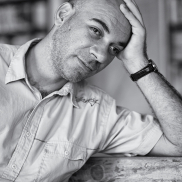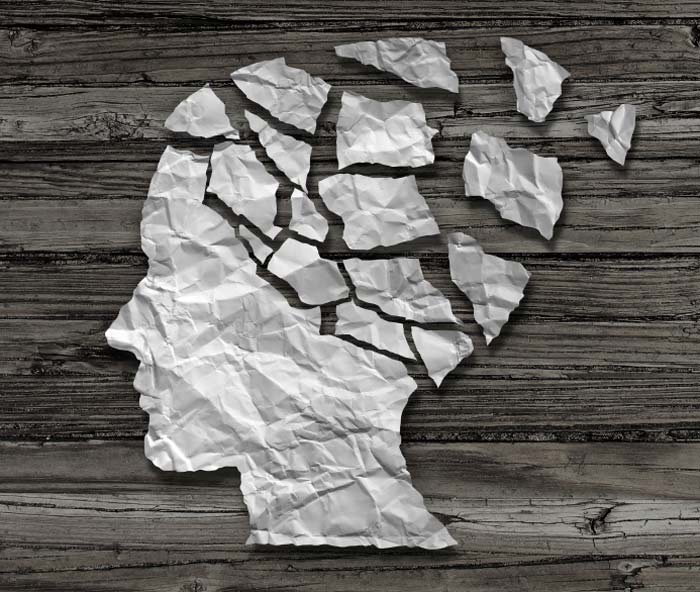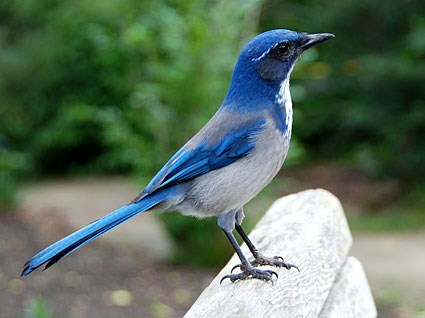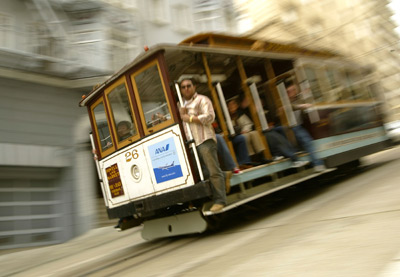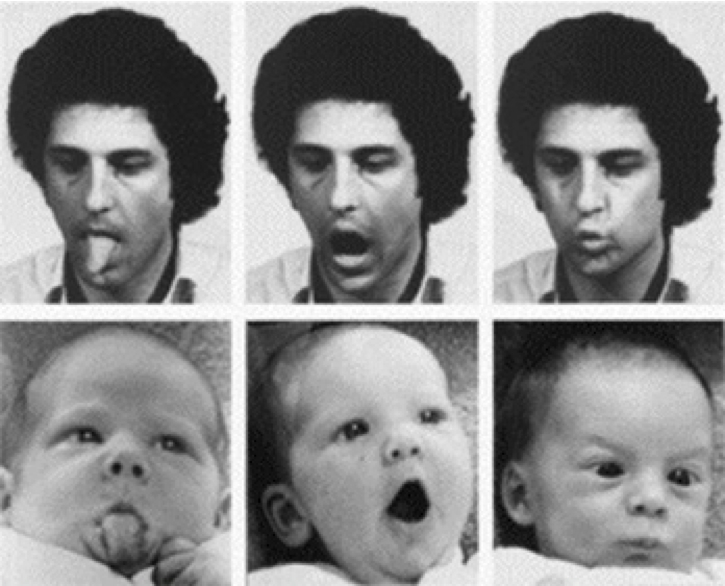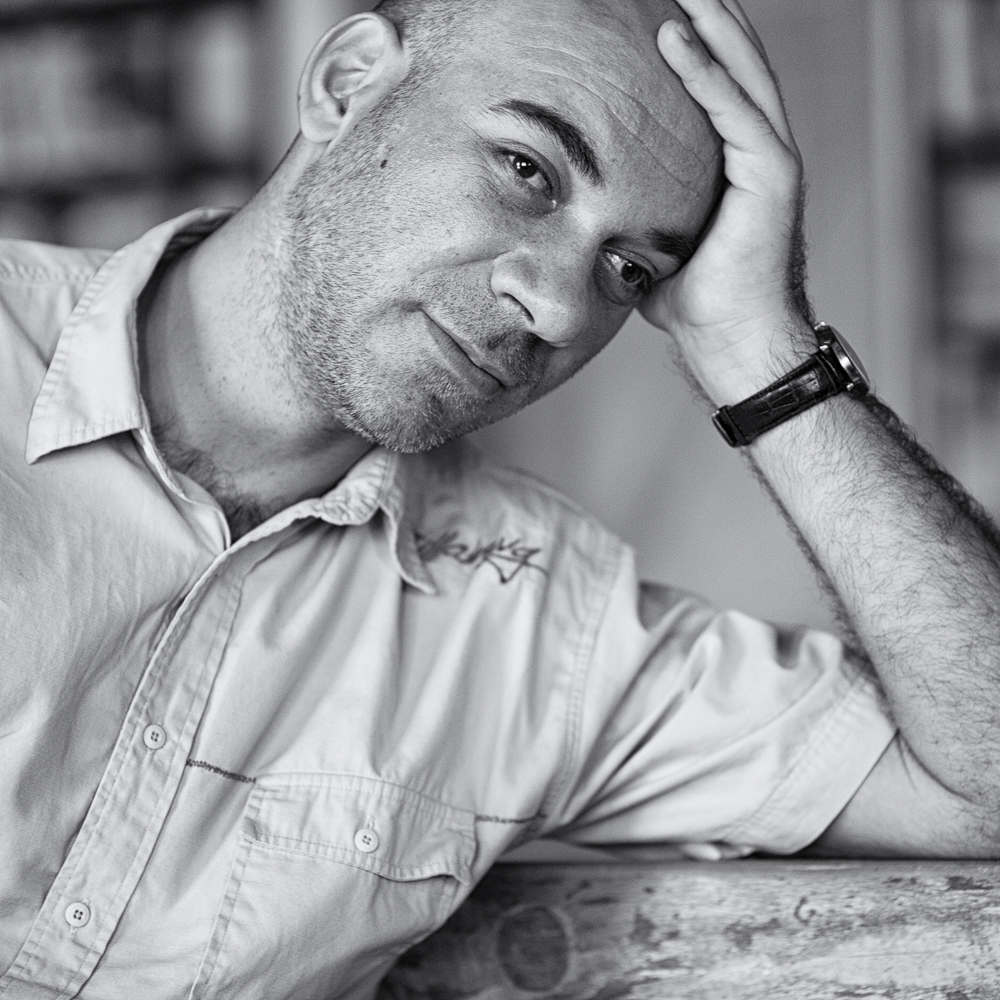
Nazım Keven
Philosopher & Cognitive Scientist
Profile
I am an Assistant Professor in the Philosophy Department at Bilkent University in Ankara, Turkey. I completed my MA in the Philosophy Department at Simon Fraser University in 2009 and my PhD in the Philosophy-Neuroscience-Psychology Program at Washington University in St. Louis in 2016. I received the Science Academy, Turkey’s Young Scientist Award BAGEP in 2020. My main area of research is in Philosophy of Cognitive Science, with a particular focus on memory, narratives, and human sociality. Apart from philosophy, I am an outdoorsy person, who especially enjoys hiking, cycling, scuba diving, photography, and vanlife.
Resume
Resume
Education
Washington University in St.Louis
Ph.D Philosophy-Neuroscience-Psychology
09.2009 - 06.2016
Simon Fraser University
MA Philosophy
09.2007 - 06.2009
Employment
Department of Philosophy
Bilkent University
Assistant Professor
09.2016 - Present
Center for Philosophy of Memory
Grenoble Alpes University
Visiting Researcher
09.2023 - 07.2024
Awards
Turkey Young Scientist Award (BAGEP)
the Science Academy
2020
Publications
Publications
- Keven, N. (in press). “Episodic Memory, Vicarious Learning, and Gossip” In A. Sant’Anna, and C. Craver (Eds.), The Oxford Handbook of Philosophy of Memory. Oxford.
- Keven, N. (2024). What is Narrativity? Ratio, 37(2–3), 204–214. [Download]
- Keven, N. (2024). Can Episodic Memory Deter Cheating and Promote Altruism? Synthese, 203(5), 132. [Download]
- Keven, N. (2022). “What does it take to remember episodically?” In André Sant’Anna, Christopher Jude McCarroll, and Kourken Michaelian (Eds.), Current Controversies In Philosophy of Memory. Routledge. [Download]
- Keven, N. (2019). Let’s Call a Memory a Memory, But What Kind? Behavioral and Brain Sciences, 42, E260. [Download]
- Keven, N., Kurczek, J., Rosenbaum, R. S. & Craver, C. (2018). Narrative Construction is Intact in Episodic Amnesia. Neuropsychologia, 110:104-112. [Download]
- Keven, N. (2018). Carving Event and Episodic Memory at Their Joints. Behavioral and Brain Sciences, 41, E19. [Download]
- Keven, N., & Akins, K. A. (2017). Neonatal Imitation in Context: Sensory-Motor Development in the Perinatal Period. Behavioral and Brain Sciences, 40, E381. [Target Article – Download]
- Keven, N., & Akins, K. A. (2017)“Beyond Neonatal Imitation: Aerodigestive Stereotypies, Speech Development and Social Interaction in the Extended Perinatal Period”. Behavioral and Brain Sciences, 40, E403. (Authors’ Response)
- Craver, C. F., Keven, N., Kwan, D., Kurczek, J., Duff, M. C., & Rosenbaum, R. S. (2016). Moral Judgment in Episodic Amnesia. Hippocampus, 26(8), 975–979. [Download]
- Keven, N. (2016). Events, Narratives and Memory. Synthese, 193(8), 2497–2517. [Download]
Research
Research
My research interests lie in the Philosophy of Cognitive Science broadly construed. I am interested in philosophical questions regarding the nature of memory, narratives, and human sociality. What unifies my approach is an interdisciplinary methodology. I start working on a philosophical problem by looking at what psychology and neuroscience have unearthed about the topic. The task is then to combine empirical findings with philosophical argumentation to provide a novel solution to the problem. In my recent work, I have focused on the role of narratives in memory and whether non-human animals can remember in the way that humans can.
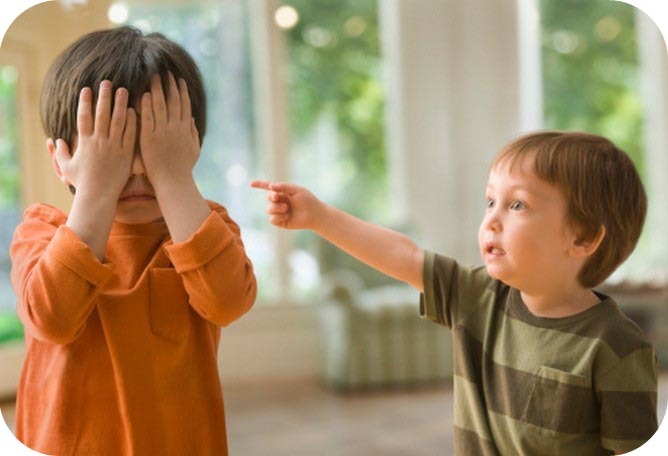
Work in Progress
The Development of Preschoolers’ Understanding of Culpability
A person who intentionally causes some harm is considered more culpable as compared to a person who unintentionally causes the same harm. However, preschoolers seem to show the opposite pattern: They begin as outcome-focused consequentialists and only later start to incorporate intentions into their moral judgments. In the developmental psychology literature, this is known as the outcome-to-intend shift. In this study, we investigate the outcome-to-intend shift to assess whether (and to what extent) preschoolers take intentions into account when assessing culpability. Instead of using explicit measures such as story vignettes, we utilize children’s natural tattling behavior as a novel implicit measure. Our preliminary results show that children tattle more when a norm violation is performed intentionally as compared to an unintentional violation due to a false belief.
Narrative Construction in Episodic Amnesia
The psychological and neurological processes underlying remembering past experiences have been the focus of many studies. Of central interest is whether the role that the medial temporal lobe (MTL), a brain region necessary for formation and recollection of past experiences, plays is limited to temporal storage, or it is also involved in constructing coherent fictitious or future scenes/events. Here we show that five amnesic individuals with focal bilateral MTL damage can construct a coherent narrative of a 24-page children’s picture book. Despite their significant memory deficits, the performance of individuals with MTL damage was on par with the performance of the controls. These findings indicate that the individuals with MTL damage are not impaired at constructing narratives. These findings suggest a role for MTL in generating episodic details, but not necessarily a further role in the construction of coherent fictitious or future scenes/events.
Events, Narratives and Memory
Whether non-human animals can have episodic memories remains the subject of extensive debate. A number of prominent memory researchers defend the view that animals do not have the same kind of episodic memory as humans do, whereas others argue that some animals have episodic-like memory—i.e., they can remember what, where and when an event happened. Defining what constitutes episodic memory has proven to be difficult. In this paper, I propose a dual systems account and provide evidence for a distinction between event memory and episodic memory. Event memory is a perceptual system that evolved to support adaptive short-term goal processing, whereas episodic memory is based on narratives, which bind event memories into a retrievable whole that is temporally and causally organized around subject’s goals. I argue that carefully distinguishing event memory from episodic memory can help resolve the debate.
Moral Judgement in Episodic Amnesia
What, if anything, do the hippocampus and medial temporal lobes contribute to moral judgment? Individuals with episodic amnesia resulting from hippocampal damage have deficits in the abilities to recollect past events (Tulving, 1983; Rosenbaum et al., 2005), imagine future events (Kurczek et al., 2015; Kwan et al. 2012, Rosenbaum et al., 2005), and construct vivid scenes (Hassabis et al., 2007). Such individuals afford a unique opportunity to study moral decision-making when episodic thinking across time is attenuated. According to Greene et al.’s dual process model of moral judgment (2001; 2004; 2014; Amit and Greene 2012), vivid imagining of personal and emotionally conflicting scenarios drives deontological (as opposed to utilitarian) judgments. If so, individuals with impaired ability to vividly imagine themselves in personal scenarios should make more utilitarian judgments in such scenarios than do controls. We report they do not. Thus, episodic memory and future imagining likely do not mediate the effect of personal, emotionally salient scenarios on moral judgment.
Neonatal Imitation in Context
Over 35 years ago, Meltzoff and Moore (1977) published their famous article ‘Imitation of facial and manual gestures by human neonates’. Their central conclusion, that neonates can imitate, was and continues to be controversial. Here we focus on an often neglected aspect of this debate, namely on neonatal spontaneous behaviors themselves. We present a case study of a paradigmatic orofacial ‘gesture’, namely tongue protrusion and retraction (TP/R). Against the background of new research on mammalian aerodigestive development, we ask: How does the human aerodigestive system develop and what role does TP/R play in the neonate’s emerging system of aerodigestion? We show that mammalian aerodigestion develops in two phases: (1) from the onset of isolated orofacial movements in utero to the post-natal mastery of suckling at 4 months after birth, and; (2) thereafter, from preparation to the mastery of mastication and deglutition of solid foods. Like other orofacial stereotypies, TP/R emerges in the first phase and vanishes prior to the second. Based upon recent advances in activity-driven early neural development, we suggest a sequence of three developmental events in which TP/R might participate: the acquisition of tongue control, the integration of the central pattern generator for TP/R with other aerodigestive CPGs, and the formation of connections within the cortical maps of S1 and M1. If correct, orofacial stereotypies are crucial to the maturation of aerodigestion in the neonatal period but also unlikely to co-occur with imitative behavior.
Contacts
Contacts
For a quick contact scan the QR code to get all my info
